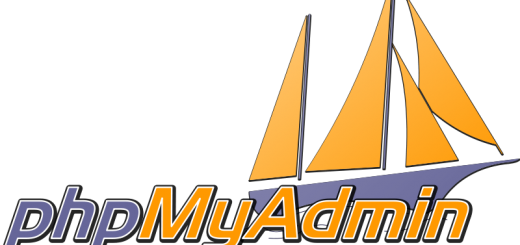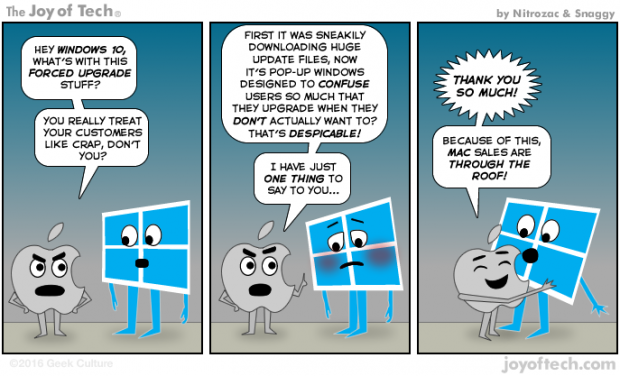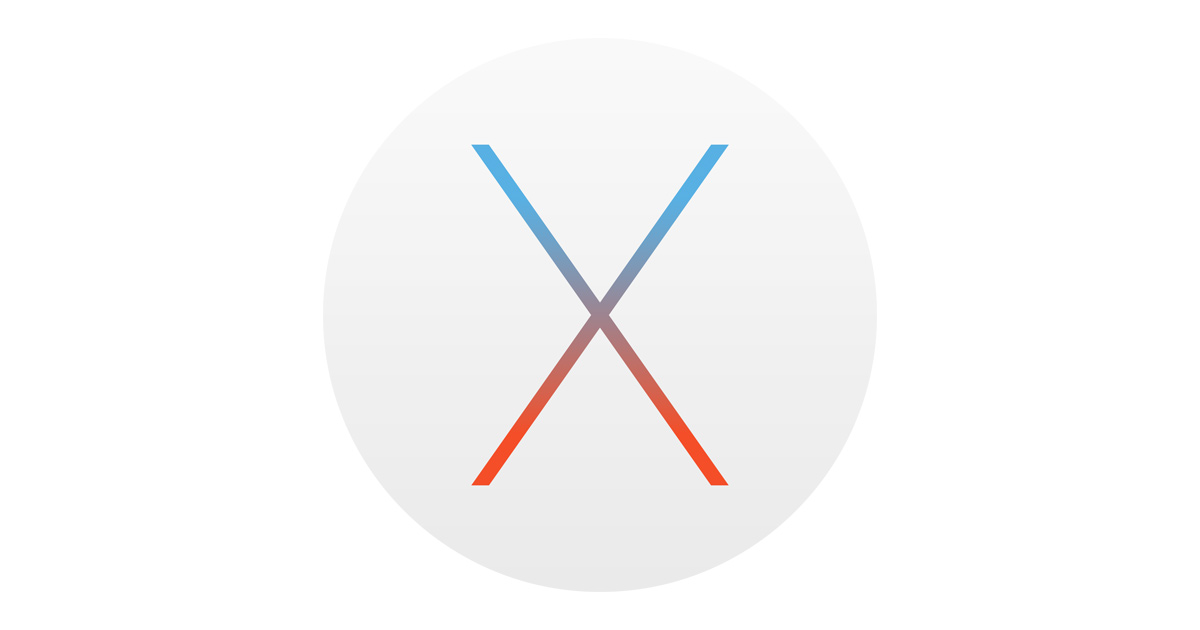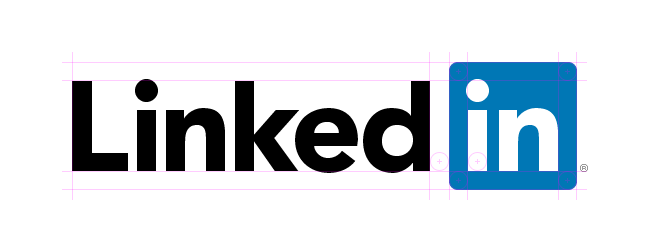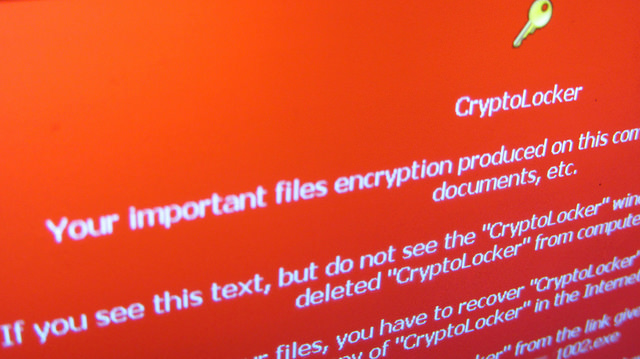
I heard about the UK’s “Snooper Law” just the other day on Jupiter Broadcasting, and the most surprising part is that it “sailed through” parliament. Where is the uproaor?
Older But Geeky has a write-up on it in “UK Officially Gives Up Any Pretense That It Is Not George Orwell’s Nightmare Come True”.
Apparently, spying on all of your activities has become a priority for many “freedom loving” nations and forget about any notion of privacy. Do you still believe you live in a democracy?
“This snoopers charter has no place in a modern democracy – it undermines our fundamental rights online. The bulk collection of everyone’s internet browsing data is disproportionate, creates a security nightmare for the ISPs who must store the data – and rides roughshod over our right to privacy. Meanwhile, the bulk hacking powers in the Bill risk making the internet less safe for everyone.”
~ Sir Tim Berners-Lee, as quoted by the BBC News in “‘Snoopers law creates security nightmare’“
